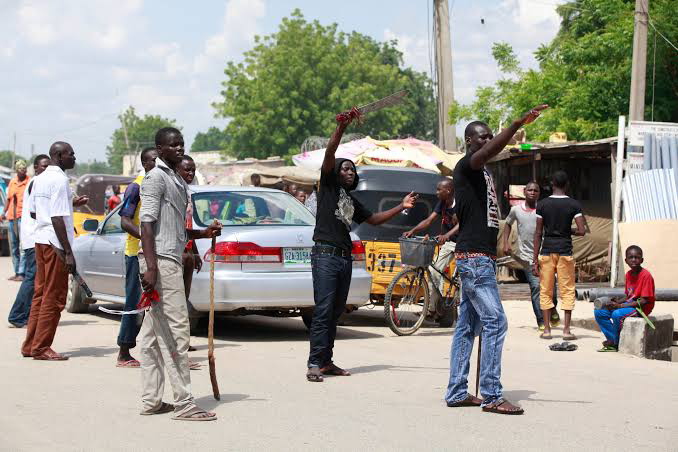To enhance water accessibility in Gouldjouwan, MNJTF has commissioned a solar-powered borehole
BY ADAMU ALIYU NGULDE, MAIDUGURI
MNJTF Force Commander Major General Goodwin Michael Mutkut opened it up at a ceremony with military commanders from Sector 1 Mora, MNJTF staff officers, and representatives from the Defence Council International.
Speaking at the event, Major General Mutkut emphasized that clean water is essential for human survival and reiterated the MNJTF's commitment to providing basic resources to communities in the Lake Chad region.
He acknowledged that the European Union and its partners played a role in making the project possible.
"Our collective efforts in enhancing the well-being of communities affected by conflict are highlighted by the provision of this borehole.
We encourage the people of Gouldjouwan to responsibly manage this facility so that more communities can benefit from similar initiatives in the future". he said.
In order to achieve this milestone, the Acting Commander of Sector 1, Colonel Tiokap Pierre Loti, stressed the significance of collaboration between the military and civilians. He urged the community to maintain the facility and called on international partners to extend similar projects to other affected areas.
The borehole, which was facilitated by Brigadier General Stéphane Caiazzo of Defence Council International, was characterized as an advanced facility that features solar panels, microfilters, an automatic chrome dispenser, and a high-voltage pump to guarantee an efficient and sustainable water supply.
He pointed out that the initiative is in line with wider efforts to assist internally displaced individuals in returning to their ancestral homes following disruptions caused by Boko Haram insurgents.
The MNJTF's continuous support in enhancing the quality of life for Gouldjouwan residents was deeply appreciated by Mr. Zake Bukar, who represents the Mayor of Mora.
The recently commissioned borehole is anticipated to significantly reduce water shortage in the community and act as a model for future interventions in the region.










Comments
Post a Comment